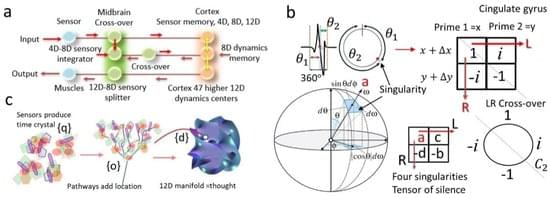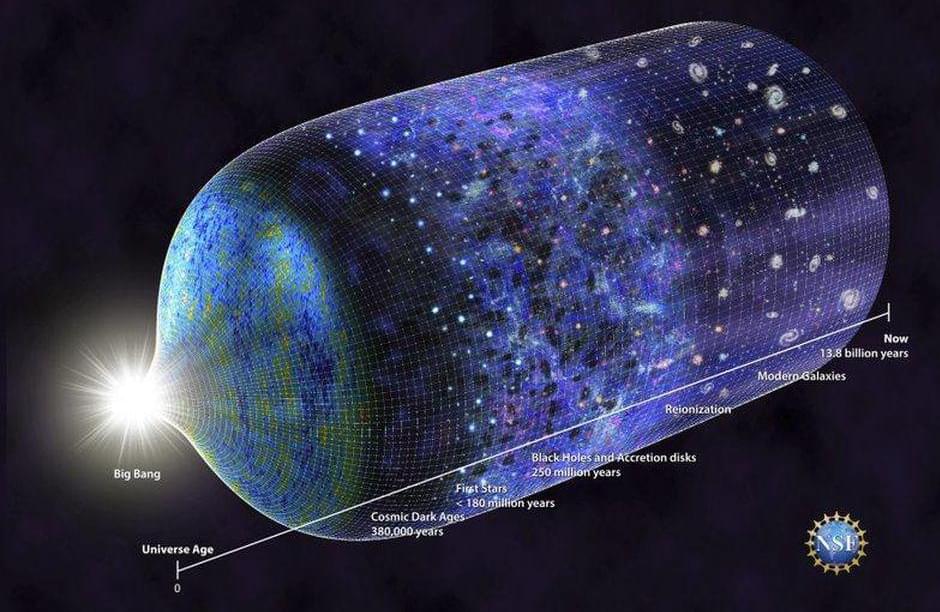AI’s final and most important challange according to the leading AI Scientists seems to be beating the Human Brain in any kind of tasks put before them. This video shows you the differences between neurons inside the human brain and a regular neural network. What advantages and disadvantages do humans and machines have? Is the singularity near? All this and more in this newest episode of AI News about Artificial Intelligence.
–
If you enjoyed this video, please consider rating this video and subscribing to our channel for more frequent uploads. Thank you! smile
–
TIMESTAMPS:
00:00 AI’s Final Frontier.
01:30 How AI actually works.
02:10 How our Brain works.
03:17 Why the Brain is better than AI
05:20 Is this the future of Artificial Intelligence?
08:01 Last Words.
–
#ai #agi #brain


